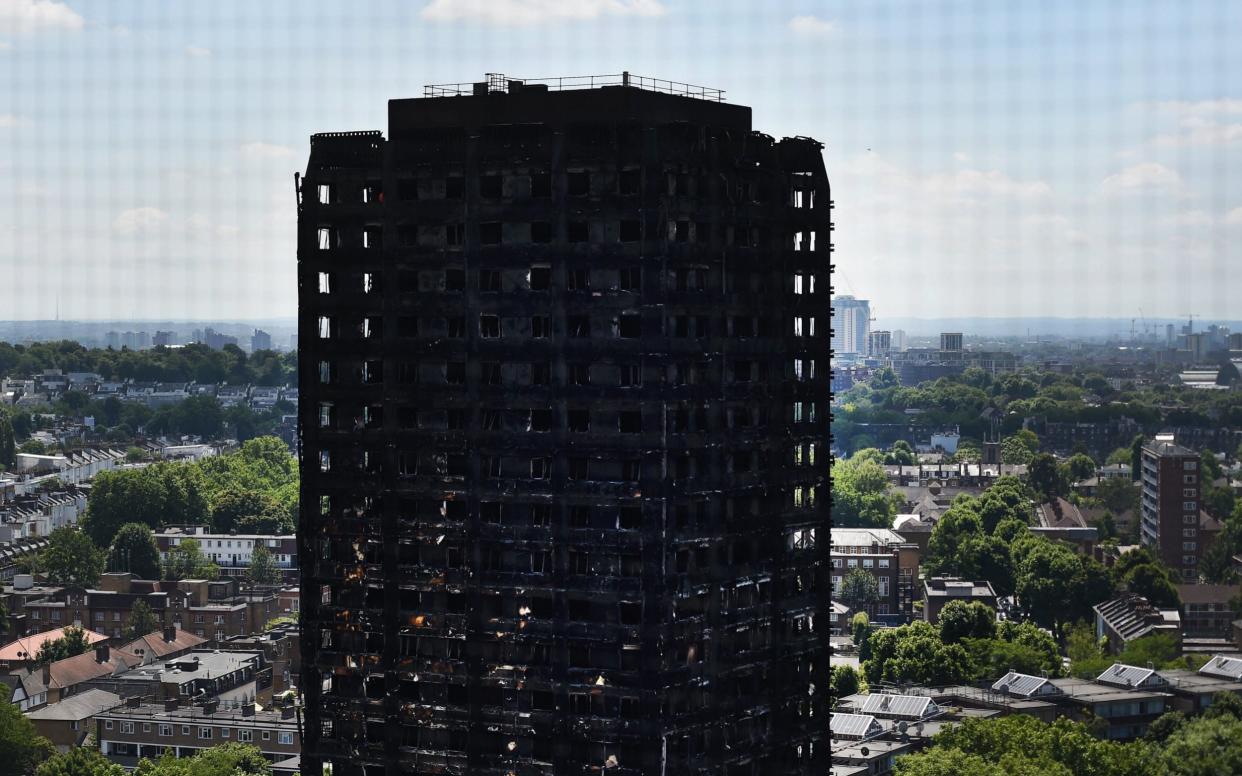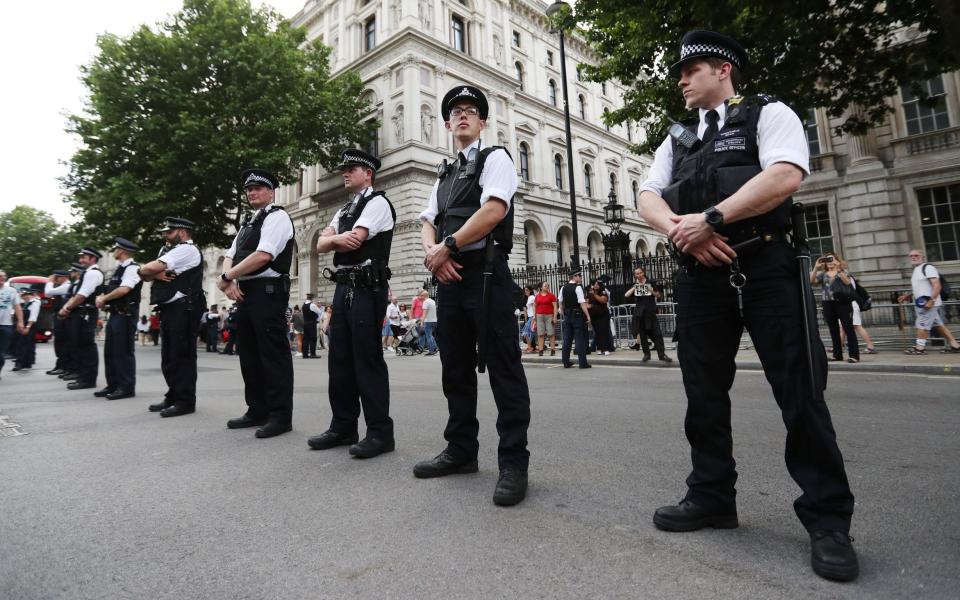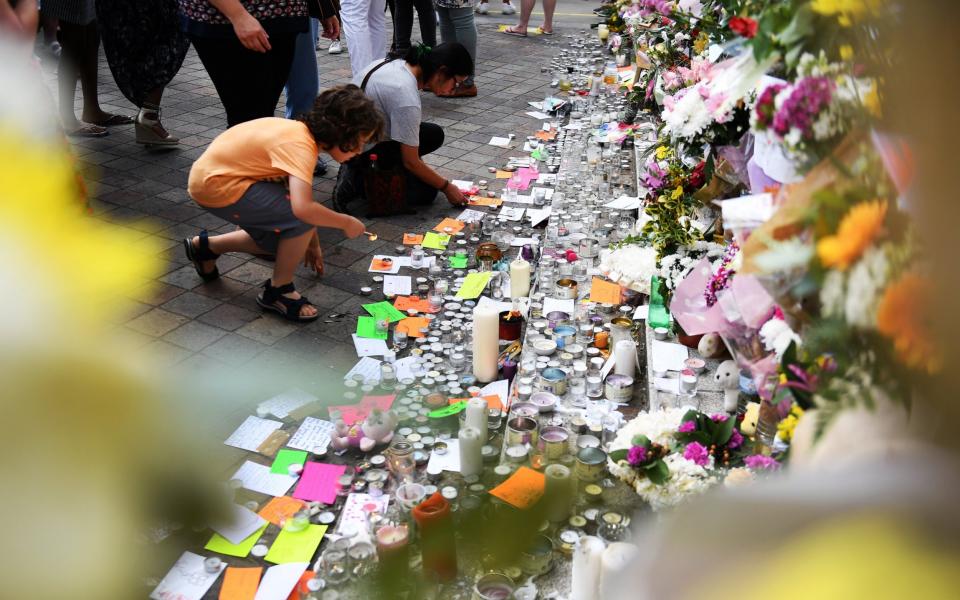Grenfell Tower fire: this is the London ignored, its stories seldom heard

This is not the London of HSBC and the newspaper property supplements. This is the London of Grenfell Tower. The London of Nigerian carers, Polish builders and Moroccan night-cleaners. A teeming immigrant mega-city hidden in plain sight.
This is the London ignored: an overcrowded city nervous its paycheck will not stretch to the end of the week. The real London is not just a city of 77 billionaires and 380,000 homes worth over one million pounds but a city where nearly a third live in poverty and a majority of those in poverty work.
I grew up in the shadow of Grenfell Tower, ashamed that London’s upper middle class read more glossy features and listened to more BBC Radio 4 programmes about daily life in suffering, faraway lands than about that on their doorstep. Intensely moved by suffering in distant favelas, the same families knew next to nothing about the lives of the builders, cleaners and carers they depend on.

Their stories shouldn’t be little heard, but they are. This is the city I chronicled in my book, This Is London. To enter this city I interviewed hundreds of Londoners, slept rough with Roma beggars, touted for work with Lithuanian labourers, slept in Romanian doss houses and worked on Polish building sites. I wanted to record the Londoners we never hear.
This is the London of men like Ionut. An immigrant from Romania and a labourer, he touts for work on the kerb outside the Wickes store in Barking, where the lowest wage I ever saw was one chicken and chips for a day’s work. Work doesn’t always come, and when it does, he has to haggle for it. He almost never earns minimum wage. Come evening, he trudges back to the doss house.

Here, 15 migrants are hutched up into a two-bedroom flat, sharing beds, dirty mattresses lying on the floor, one on top of another in cheap bunks cobbled together in the living room. At night he shares a few cans with the other labourers and prays he will one day get steady work. He knows he is sleeping in a fire hazard and a health hazard. But he knows he has no choice.
For Ionut, the glass towers he sometimes sees glinting in the evening as he rides the bus make his stomach crunch. That London feels like a mirage.

This is the London of men like Femi. An immigrant from Nigeria and a carer on a zero-hours contract, he lives in an overcrowded bedsit in Brixton and has no idea whether or not he will have work for the day – or if it comes, in which hospital it could be – until a text message drops him a Yes or No in the hour to 6am. If work comes, he changes into his uniform and hauls himself to work – it could be an hour, two-hour or three-hour round trip. Feeding, hoisting, comforting and cleaning the very old in the wards, he often stops for a second or two and recalls how he came to London because he dreamed of working in an office. Now he is stuck. Making hardly enough money to make ends meet and nothing that will help him move up. He knows that in London he is exploited.

London today is a city where nearly 40 percent were born abroad. The majority of London’s builders, carers and cleaners come from somewhere else.
We depend on men like Ionut and Femi to build our homes and take care of our sick but when it comes to talking about London, it is as if they didn’t exist. They are written out of the capital’s conversation – unlike French bankers and Russian oligarchs – and the problems they face of an unenforced minimum wage and fetid doss houses ignored. But these lives are not invisible. They are all around us. That we so seldom talk about them tell us something: that there is a failure of empathy in London. A failure to see.


